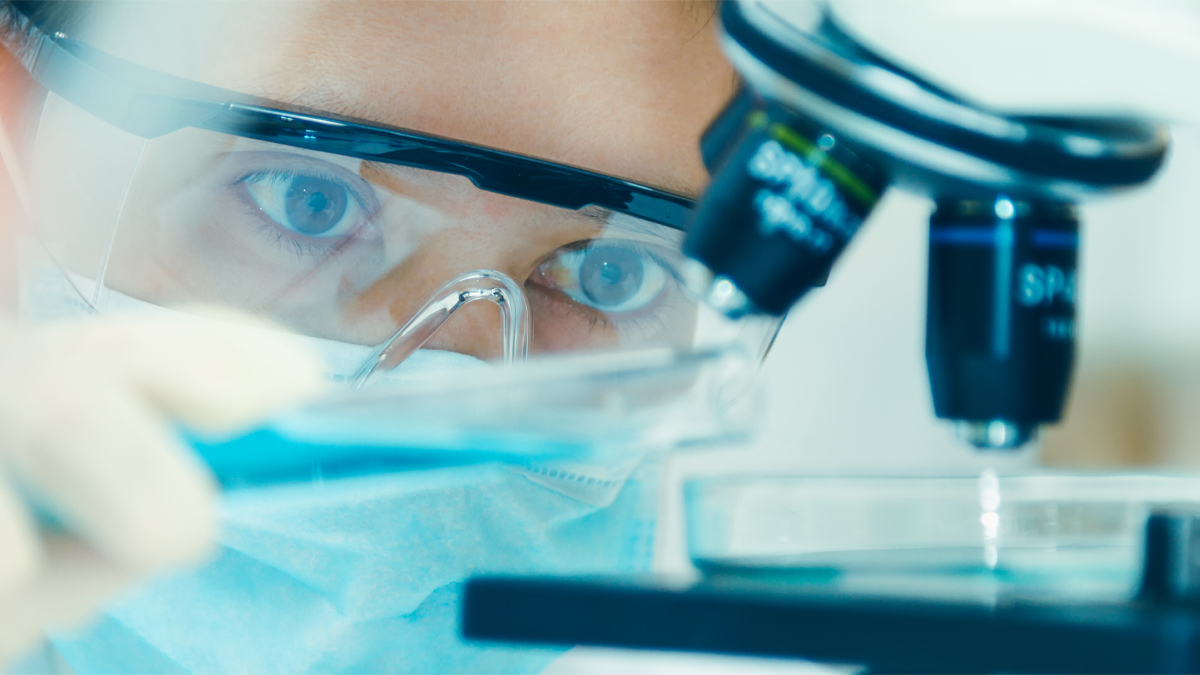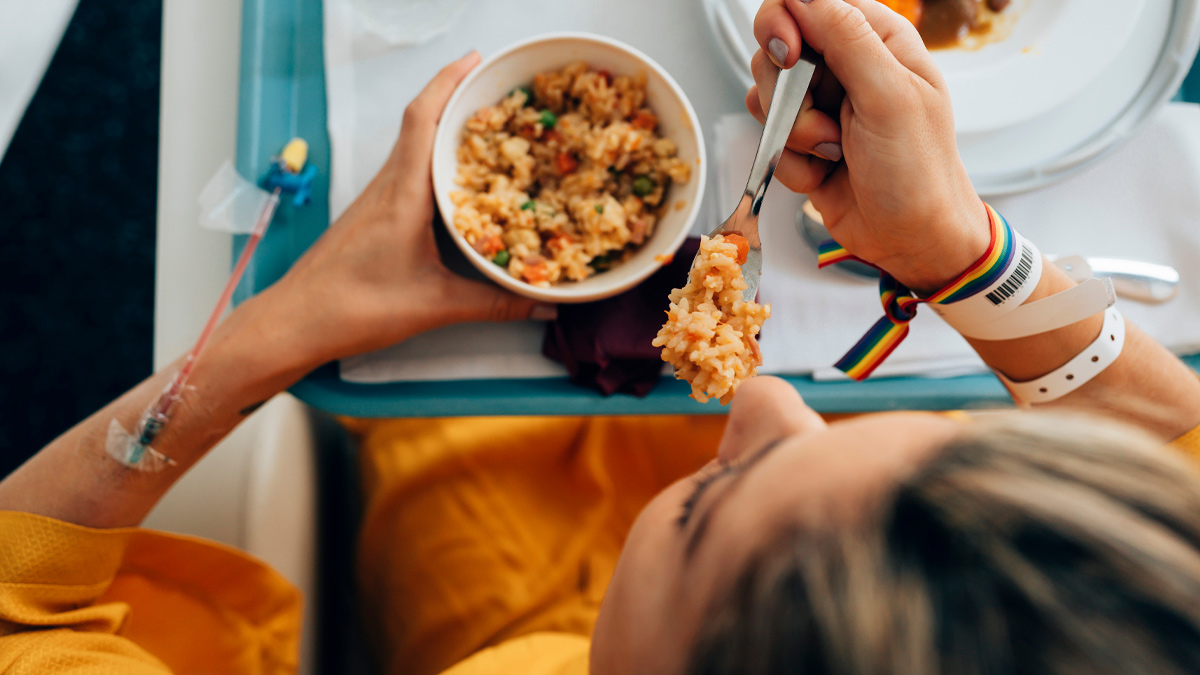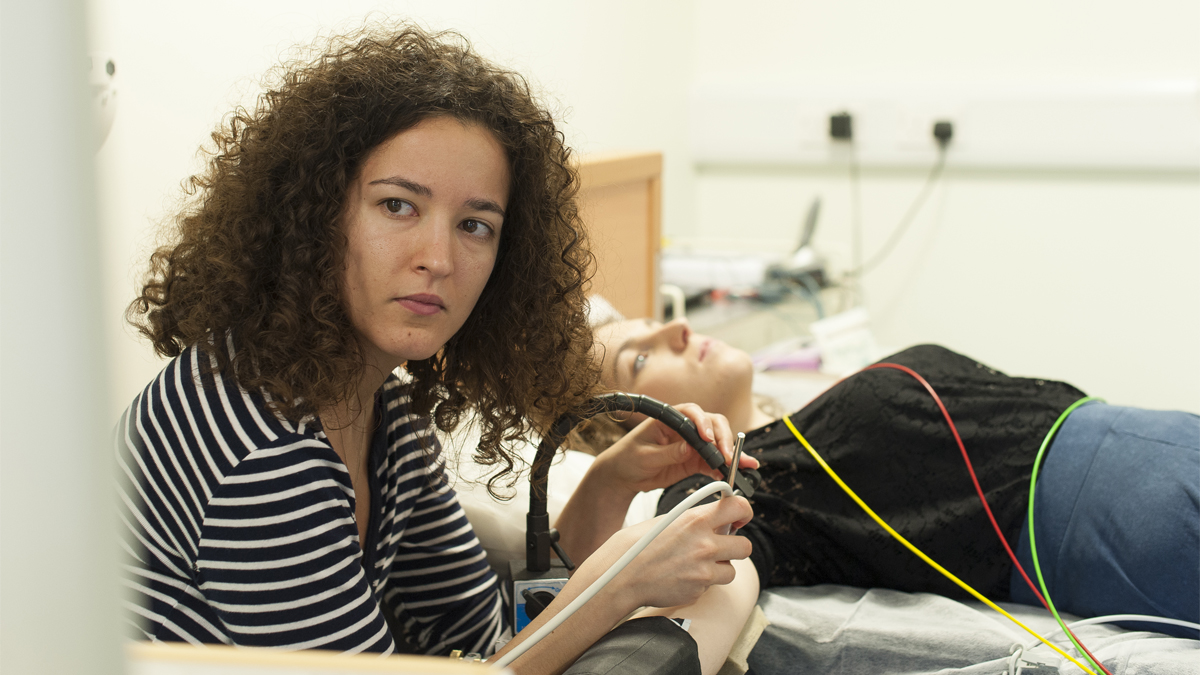
Enhance your employability, gain professional experience and build your network with a work placement.
We offer different opportunities, including year-long industrial placements and summer placements.
Enhance your employability, gain professional experience and build your network with a work placement.
We offer different opportunities, including year-long industrial placements and summer placements.

We work with a diverse range of employers, which enables us to find relevant placements for most nutrition-related career paths.
Placements have included roles in public health and clinical settings, and large retail chains and food manufacturers.
Placements usually occur in the third year of a four-year programme.
The University of Reading is in the top 10 universities for food science in the UK (we are 9th in The Times and The Sunday Times Good University Guide, 2026).
As a leading food and nutritional sciences department, many companies are keen to work with our students. We'll help you find the right placement and give you the training and support you need, before you start your role and whilst you are there.
Georgia completed a placement at Ecotone, an organic and natural food company.
Watch her video to find out how her year in industry has helped give her a competitive edge when applying for graduate schemes.

Ellie Read
BSc Nutrition and Food Science with Professional Training
You'll receive:
Our dedicated placement coordinator will also:

Study in a world-class institution on a course accredited by both the IFST and AfN and gain real-world experience with a placement.

As a graduate from an AfN-accredited programme, you are eligible to apply for direct entry to the UK Voluntary Register of Nutritionists at Registered Associate Nutritionist (ANutr) status.

Learn from world-leading experts in a supportive environment - through lectures, problem-based learning, group project work and hands-on practical work in the laboratories, clinical skills suite and test kitchens.